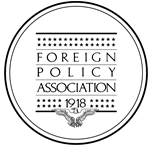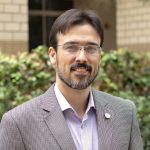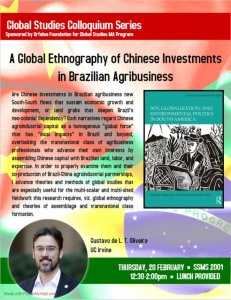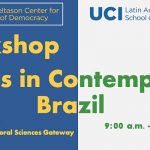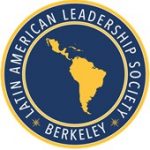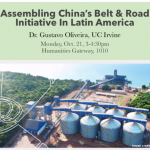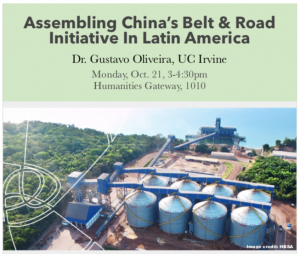BRICS and Global Agrarian Transformations
Gustavo de L. T. Oliveira and Ben McKay
Dr. Oliveira’s co-authored chapter “BRICS and Global Agrarian Transformations” has just been accepted for publication in the The Handbook of Critical Agrarian Studies, edited by Haroon Akram-Lodhi, Kristina Dietz, Bettina Engels, and Ben McKay , edited by Matthew Himley, Elizabeth Havice, and Gabriela Valdivia. The edited volume is forthcoming from Edward Elgar.
Conclusion
Understanding the rise of emerging economies like the BRICS is central to analysis of contemporary global agrarian transformations. Yet it is not simply their associated geopolitical transformations that call attention from, and provide new insights for critical agrarian studies. The point is not to debate whether new agribusiness companies and development models from the BRICS are a success of resistance to the Global North, or a new sub-imperialist project against middle-income and the least developed countries. Instead, these global agrarian transformations must be rooted in the conflicts and contradictions within emerging economies themselves, as subaltern actors struggle for food sovereignty and agroecology in a protracted struggle against neoliberal elites, populist authoritarianism, and conservative nationalist movements. Our goal here is not to fully describe and analyze these struggles and their repercussions for global agrarian change, but rather to emphasize that such conflicts and heterogeneities are the most fruitful springboard for new insights in critical agrarian studies. Debates that focus upon “global convergence”, “multipolarity” and “new development paradigms” but understate grounded socio-ecological struggles and transformations (cf. West 2014; Reeves 2018) are misguided and misplaced in the social sciences in general, and critical agrarian studies in particular. As climate change advances further and the socio-ecological foundations of human life become increasingly more unstable and vulnerable, new theories, methodologies, and debates are required. The dramatic transformation of the global political economy of food and farming due to the rise of the BRICS is fertile ground for the cultivation of such new ways of thinking, and critical agrarian scholars from these regions are stepping up to the task at hand, inviting colleagues who remain snagged in the provincial terms of bygone scholarship rooted in fallen and decaying empires.
More information on the The Edward Elgar Handbook of Critical Agrarian Studies will be available shortly.
Author’s original manuscript of the chapter available here.
